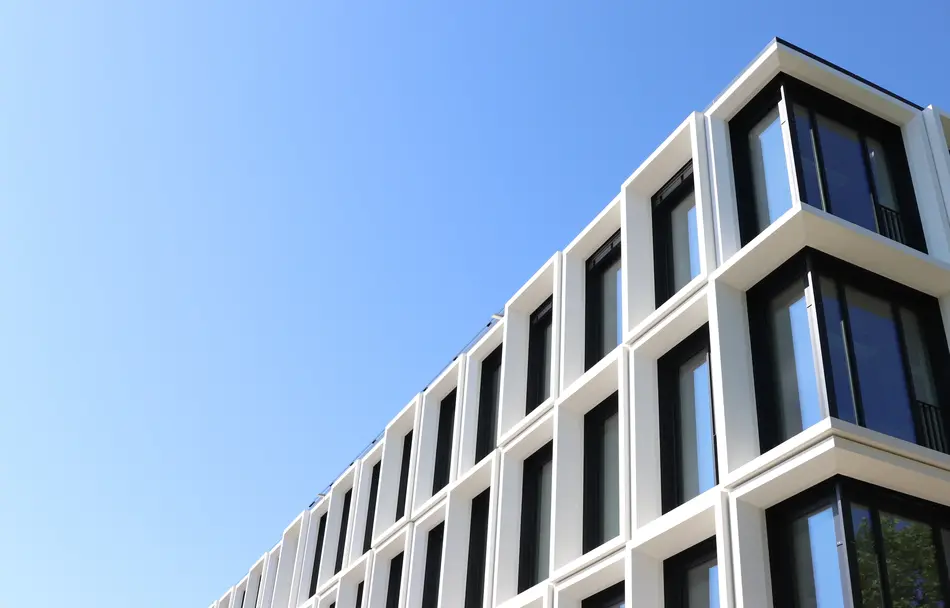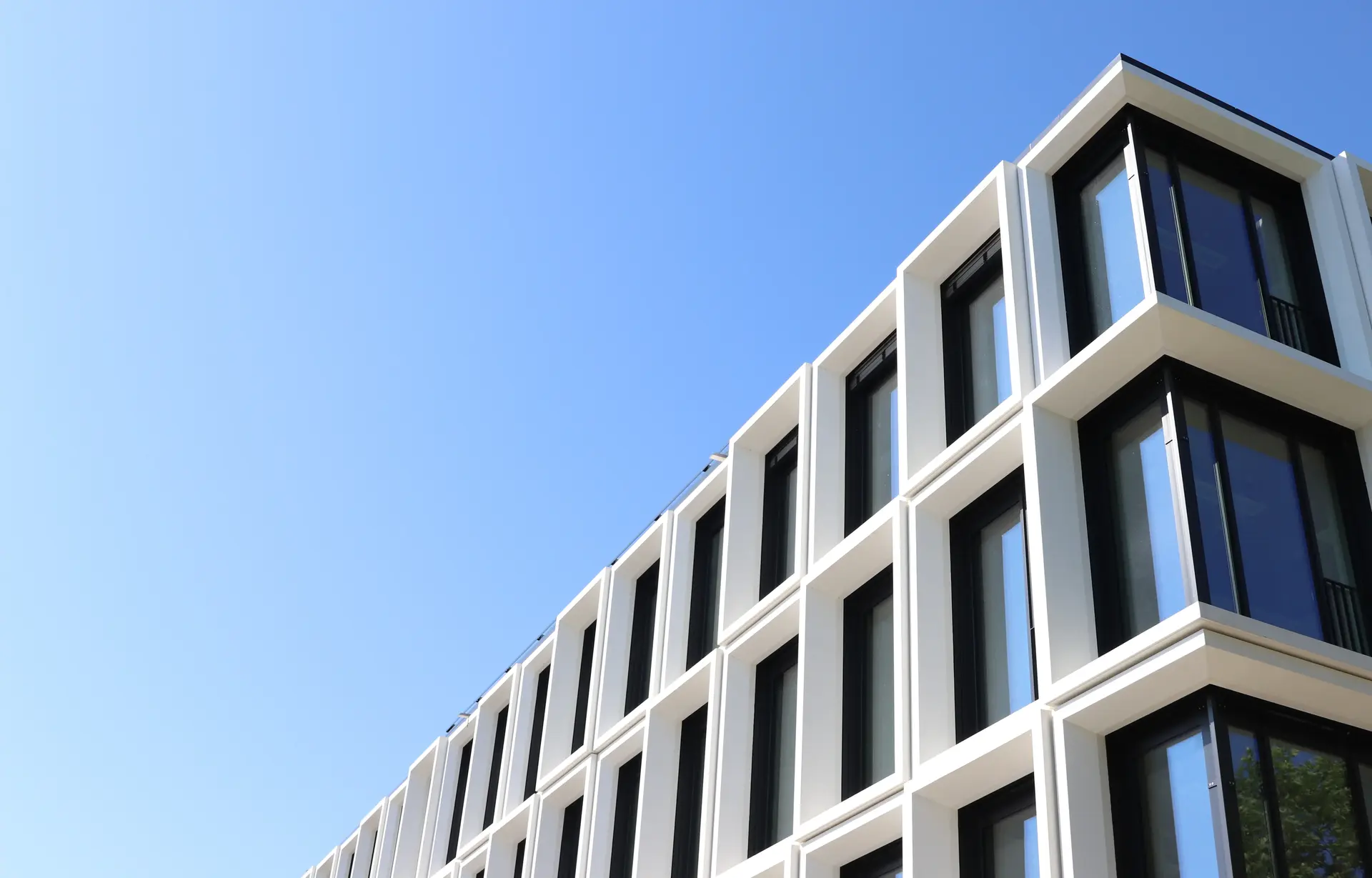So hat die Forschungsgruppe "Sozialphilosophie und Gesellschaftstheorie" die distinguished Fellows Gesa Lindemann ("Zeit und Gewalt") und Stefan Bargheer ("Culturalism: The Remaking of Race in the American Century") zu Gast.
Die Kollegforschungsgruppe "Religion und Urbanität“ unter Leitung von Susanne Rau und Jörg Rüpke begrüßt als Fellows: Verena Fugger, Österreich, ("Saints and the City: Untersuchungen zum christlichen Heiligen- und Reliquienkult als verbindendes Phänomen in sozio-religiösen Prozessen der Gruppenbildung ausgehend von der syrischen Grenzstadt Resafa/Sergiupolis"); Claudine Moulin, Deutschland, ("Negotiating the Religious – Linguistic and Communicative Practices in Early Modern Urbanity"); Elyse Semerdjian, USA, ("Mapping Space and Religion in Aleppo, Past and Present"); Christina Williamson, Niederlande, ("Sacred co-temporalities. Sanctuaries and Urban Timescapes in the Graeco-Roman World"); Reuven Kiperwasser, Israel, ("A City and a Mother in Israel: Urban Stories and Their Social Background and Significance in Rabbinic Culture"); Anders Klostergaard Petersen, Dänemark, ("Urbanisation and Religion at a Crossroads of Change") sowie Sanjay Srivastava, Großbritannien, ("Land, Village, Satellite Mapping, and the Refashioning of the Boundaries Between Religion and the Market at the Rural-Urban Frontier in Gurugram, India").
Helen Bönninghausen ("Dinge verfügbar machen. Eigentum als spezifische Form der Weltbeziehung"); Jing Cheng ("A Comparative Study of Shareholding Cooperatives in Shequ with Different Attributes of Shenzhen"); Mario Resta ("Case Studies of Divine Property 4th and 6th Century from the Lateran to the Tituli of Rome, from Donations to Testaments in the Latin World"); Julian Windhövel ("The Only Laboring Class We Have – Planter Class und Freedmen’s Bureau während der frühen Reconstruction in Louisiana, 1864–1868") und Han Xu ("Spatial Evolution, Value and Redesign of Urban Villages"), verstärken als Nachwuchswissenschaftler*innen den Sonderforschungsbereich „Strukturwandel des Eigentums“ und werden mit den Kolleg*innen vor Ort zusammenarbeiten.
Urmila Goel ("Nun-Running. An Analysis of Discourses") wird ein Follow-up-Fellowship im Kontext des Merian-Zentrums ICAS:MP wahrnehmen und im Anschluss an ihr Fellowship in Delhi in Erfurt tätig sein.
Auch in der International Graduate School (IGS) "Resonant Self-World Relations in Socio-Religious Practices" beginnen neue Promovierende ihre Arbeit: Lukas Bartl arbeitet zu “Naturally beautiful. Naturally fit. Naturally healthy – the topos of 'Natürlichkeit' in GDR health publications and its political and social dimensions”; Emma de Koning zu “A ‘Pregnant’ Image: The Resonance of Childbirth Iconography and Ritual in the Societies of the Ancient Mediterranean”; Zarah Naghshband zu "Experiencing Resonance Amidst Uncertainty of Time: Performing Rituals and the Problem of Sacred Time among Shiites during Ramadan"; Charles White zu "Resonance through YELLO: Exploring the Theory of Resonance in Young Ensemble Learning Through Laptop Orchestra" und Vincenzo Cerulli zu "Resonance Praxis in Filmmaking and Film Editing".
Außerdem kommen, wie immer zum Wintersemester, die Doktorand*innen aus Graz für das zweite Studienjahr nach Erfurt, während die Doktorand*innen des zweiten Jahres aus Erfurt nach Graz gehen. In Erfurt begrüßt werden: Lukas Jung ("Die agonistische ‚Eventkultur‘ in Side und Pamphylien"); Florian Oppitz ("Religiös motivierte Wohltätigkeit im spätantiken östlichen Mittelmeerraum anhand archäologischer und altertumskundlicher Quellen") und Rupert Rainer ("The Ekphrasis of the Hagia Sophia in the Context of Self-World Relation"). Darüber hinaus bereichern Georgia Petridou mit ihrem Projekt zu "Healing Rituals, Patient-Physician Resonance, and the Lived Body: Experiencing, Communicating, and Managing Chronic Pain in Antiquity and Modernity" als Mercator-Fellow und Alexandra Trachsel sowie Christoph Günther als assoziierte Postdocs die IGS.
Und nicht zuletut freut sich die Kierkegaard-Forschungsstelle auf die Gastdoktorandin Ioana Moraru ("Søren Kierkegaard und die existentielle Imagination").
Die Direktoren des Max-Weber-Kollegs, Hartmut Rosa und Jörg Rüpke dazu: „Wir freuen uns wieder so viele spannende Wissenschaftlerinnen und Wissenschaftler aus dem In- und Ausland in Erfurt begrüßen zu können und sind gespannt auf den Austausch miteinander.“



